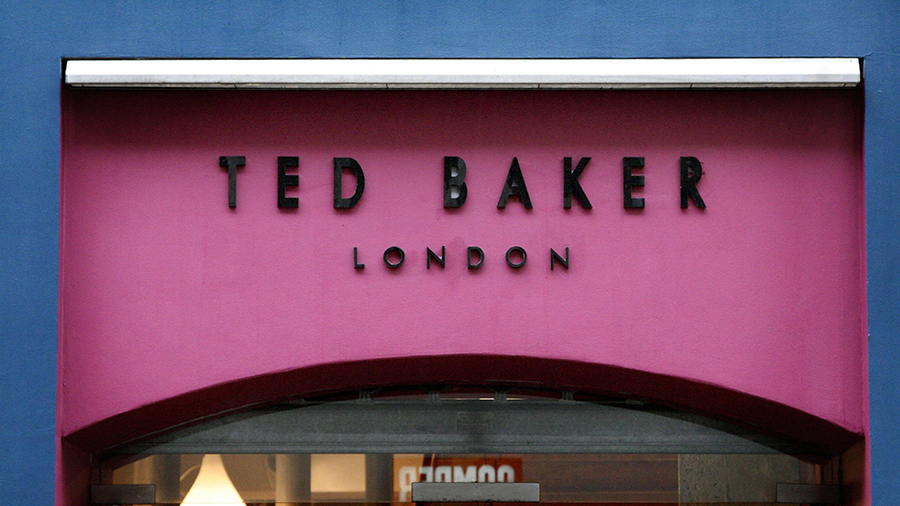Beauty boosts UK economy in 2022, British Beauty Council report reveals
The personal care industry contributed £24.5 billion to the UK economy in 2022, according to a recent report by The British Beauty Council.
The Value of Beauty report revealed £12.3 billion was generated by the industry itself, representing 0.5% of the nation’s GDP. A further £4.9 billion of economic activity was stimulated by the industry’s domestic supply chain purchases last year.
The personal care industry supported employment of 550,000 across all channels of economic impact in 2022. 379,000 of these jobs were supported directly by the industry itself, with the hair and beauty services sector supporting direct employment of 209,000. This direct employment contribution represented 1.1% of total jobs in the UK in 2022.
Through the wage payments made to the industry’s workers and those along the supply chain, a further £7.3 billion of economic activity was supported.
In 2022, the industry also supported tax contributions of £6.8 billion to the UK Treasury. £3.4 billion of this contribution was sustained by the industry itself, with a further £1.3 billion arising from indirect and £2.2 billion from induced channels.
The Value of Beauty report, created in partnership with Oxford Economics, assesses the beauty industry's economic impact and the latest developments and challenges in the sector.
It also found that the use of artificial intelligence and augmented reality increased during 2022. In addition, leveraging the reach of social media became increasingly important for the sector’s marketing approach.
However, the industry also experienced a number of adverse effects following the UK’s exit from the EU. These include additional trade barriers and a shortage of skills for segments that previously relied on EU workers for positions which do not meet new visa requirement thresholds.
The British Beauty Council revealed that the personal care industry is more reliant on exports to the European single market compared to overall goods exports. A survey conducted by the British Chambers of Commerce found that 49% of UK exporters faced difficulties in adapting to the changes required to trade goods following Brexit.






